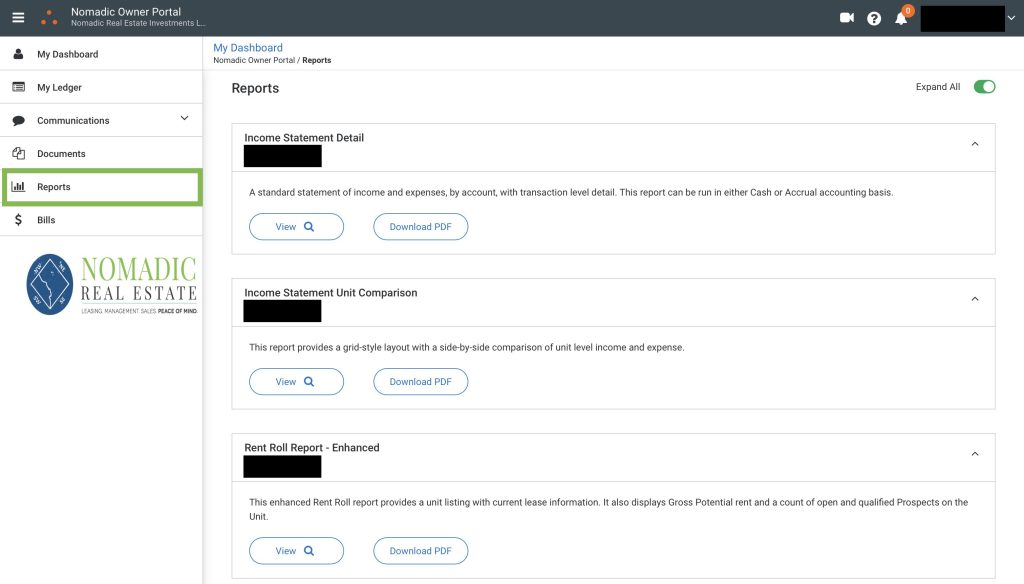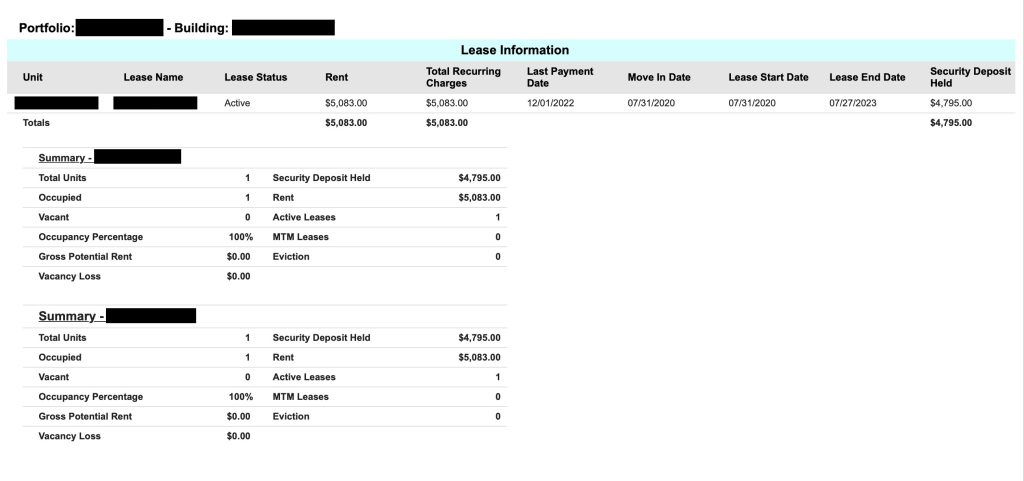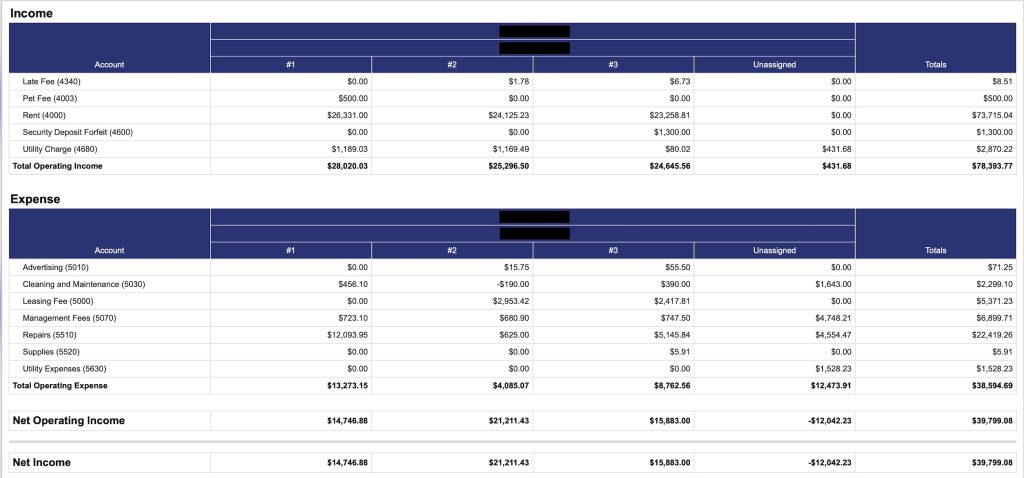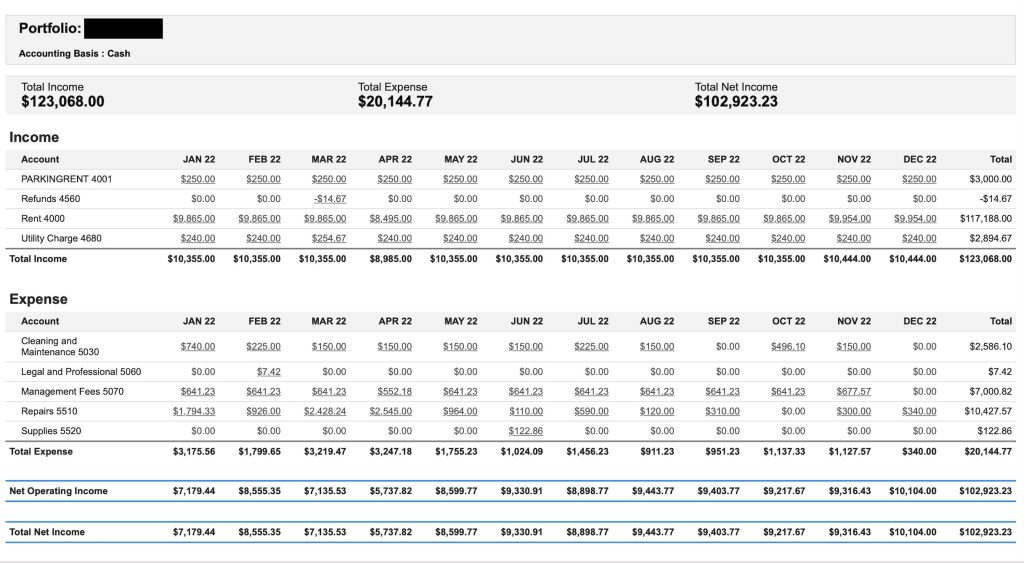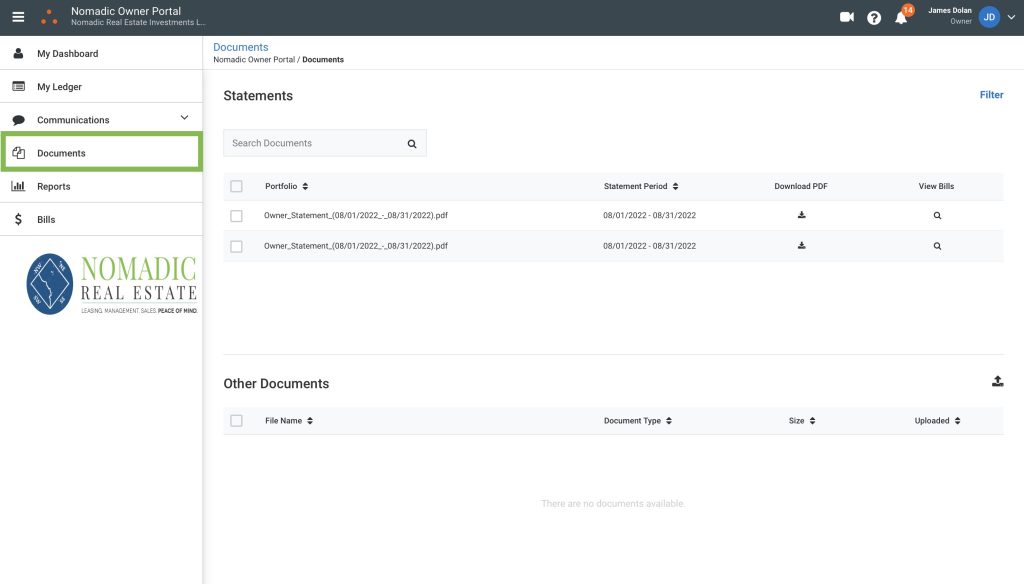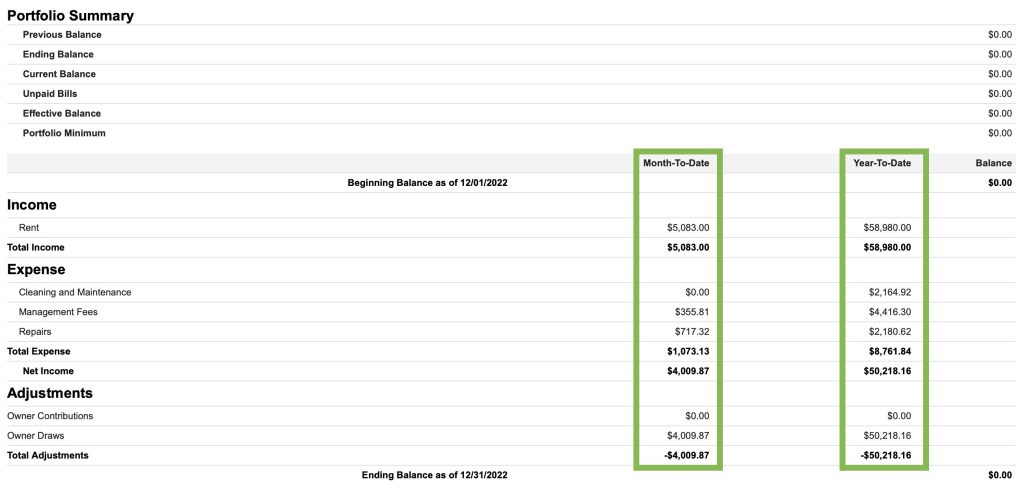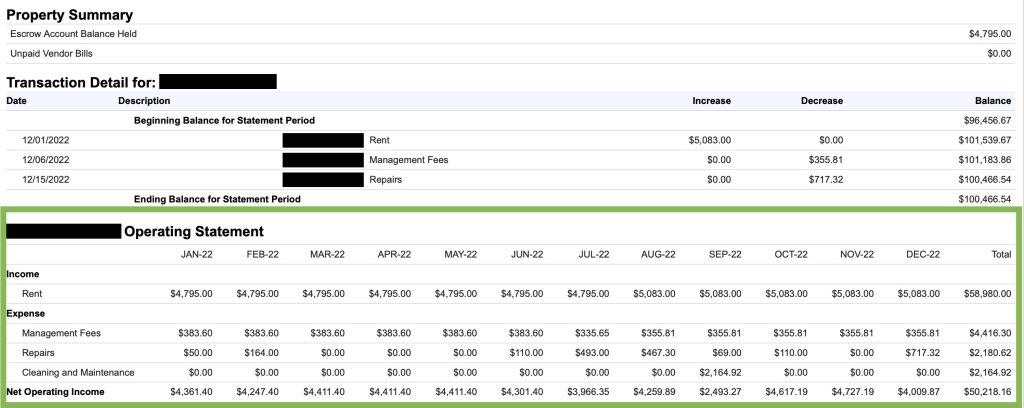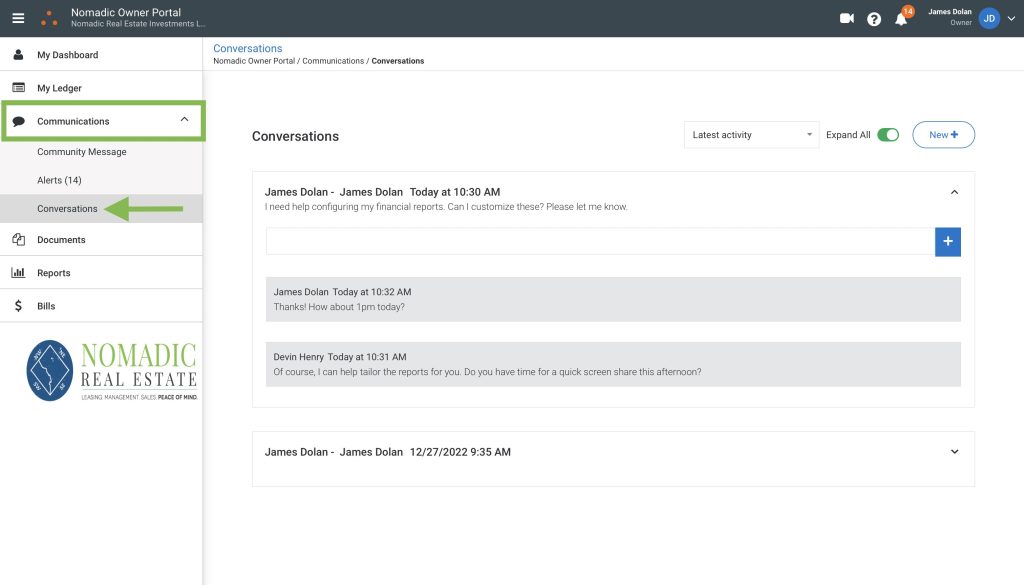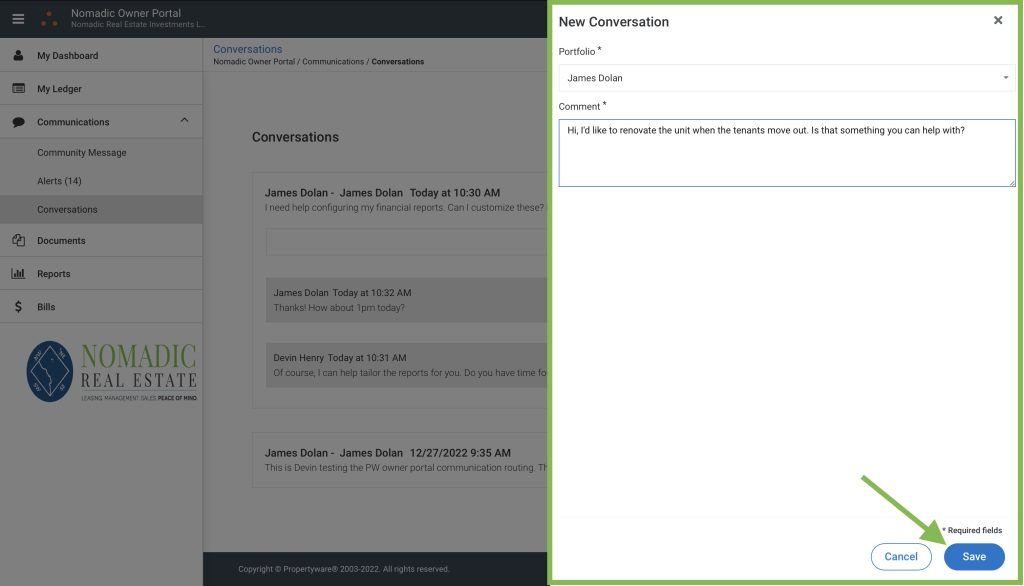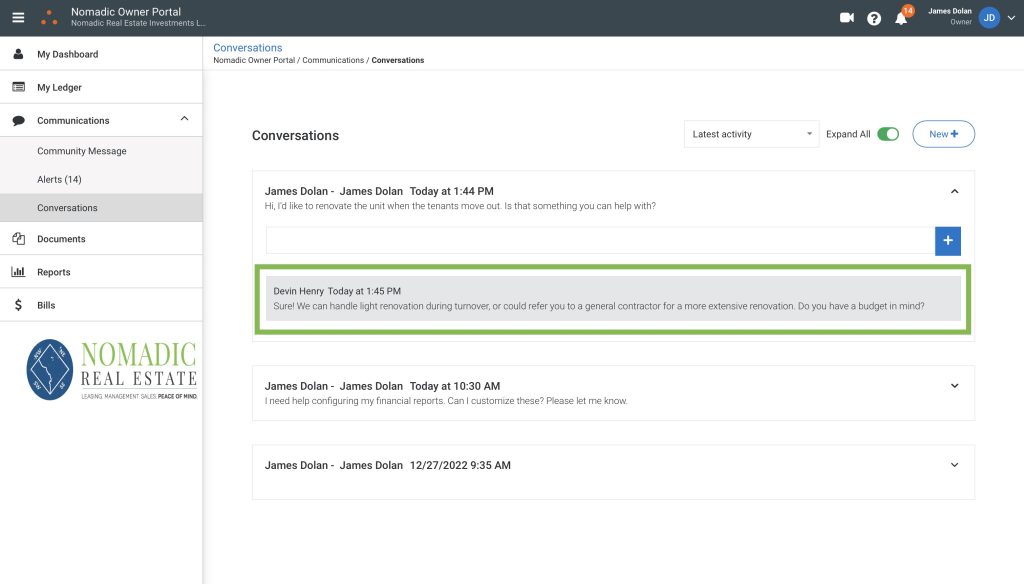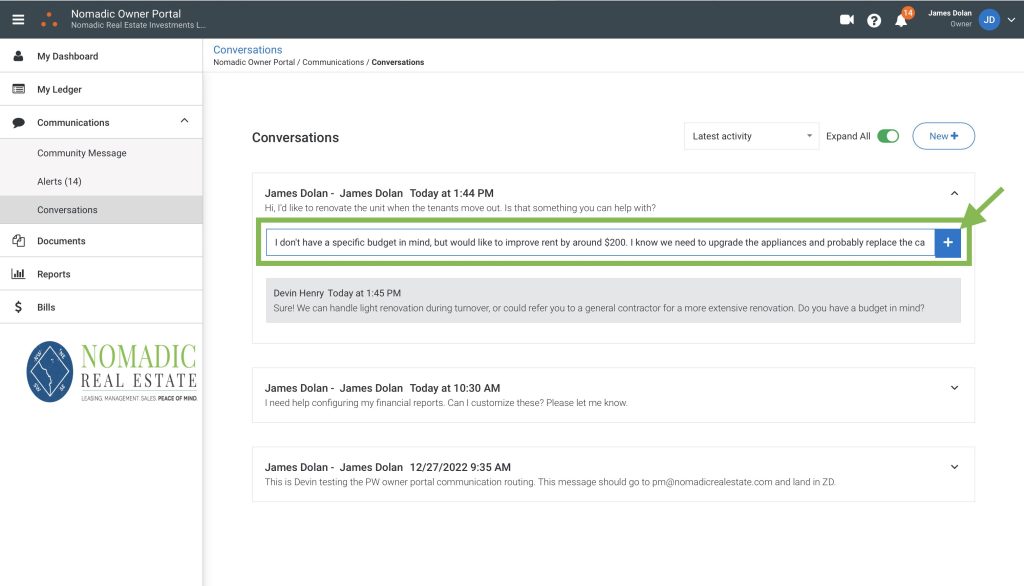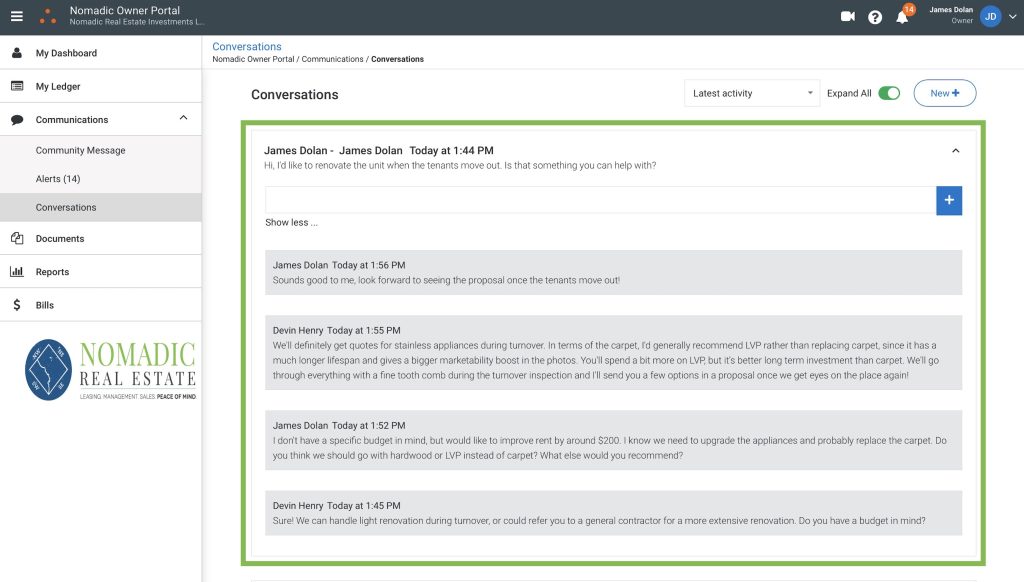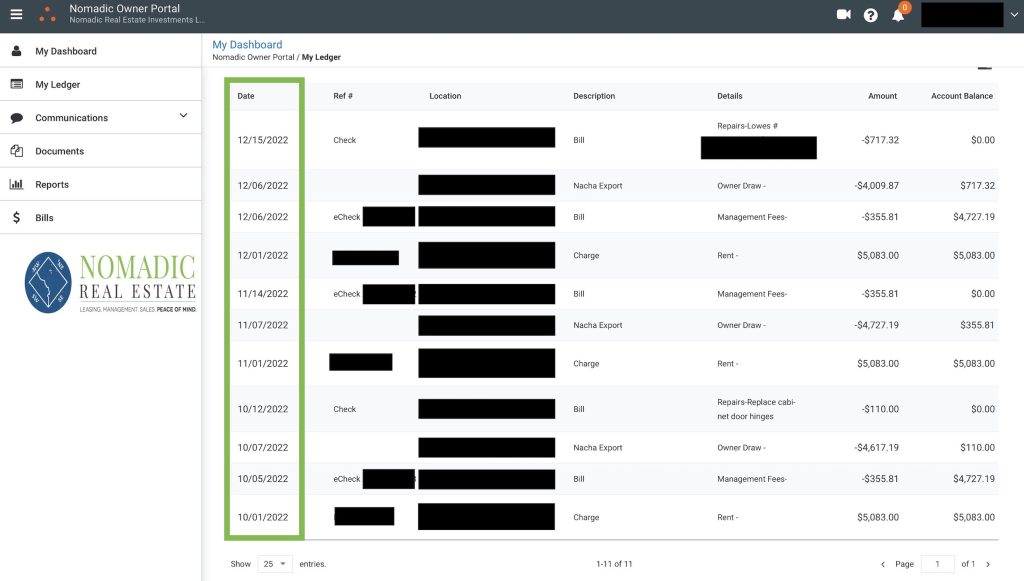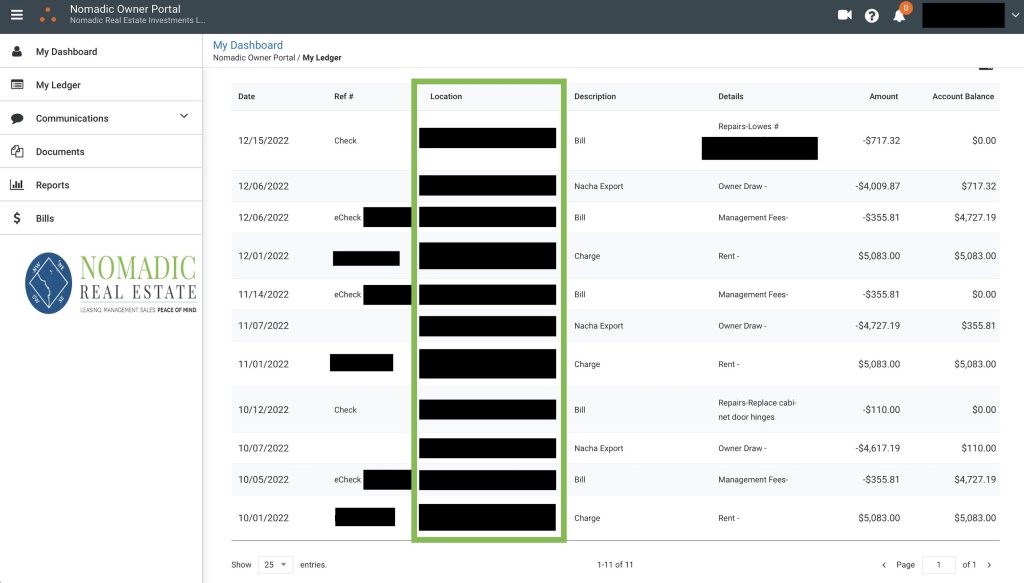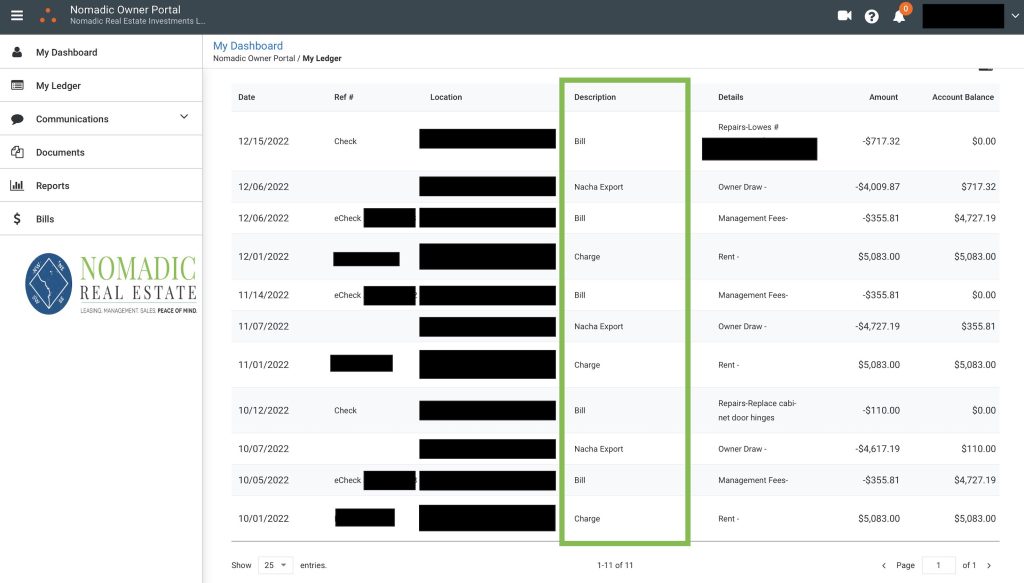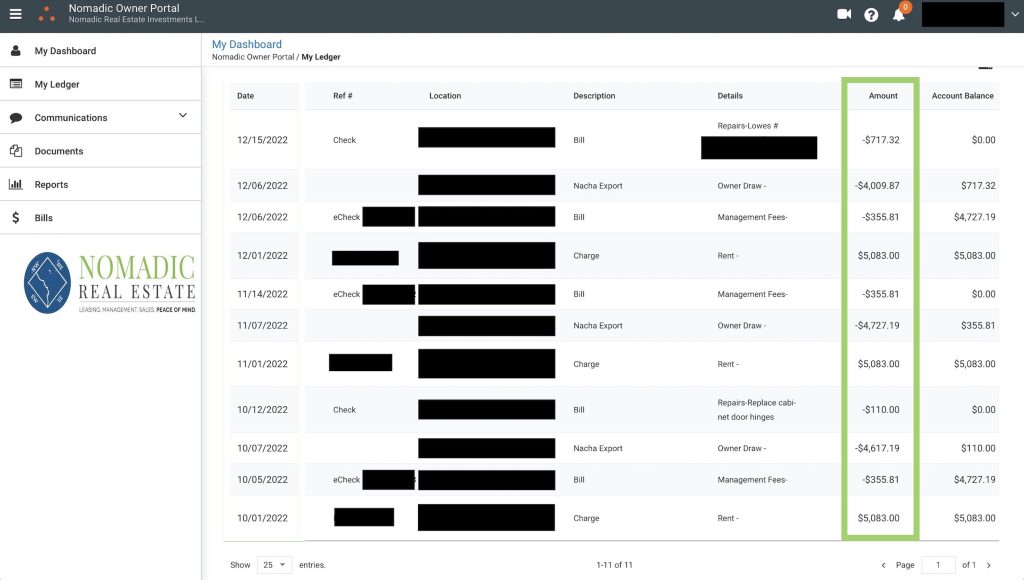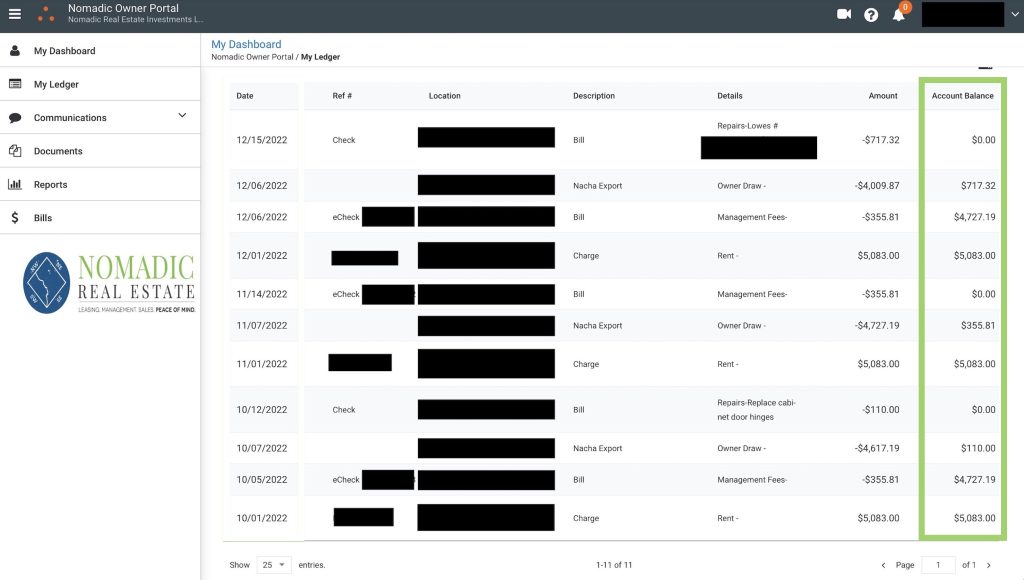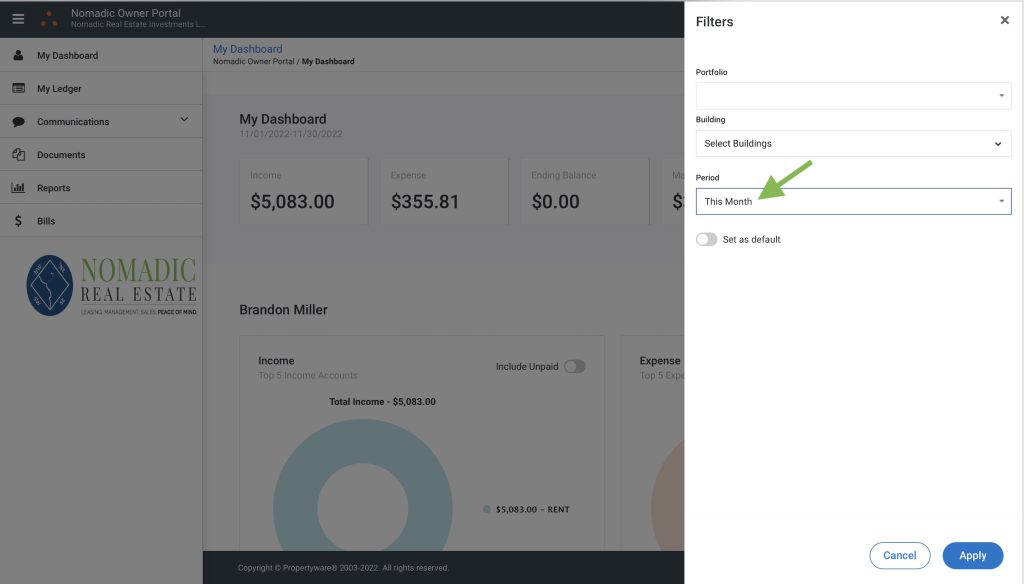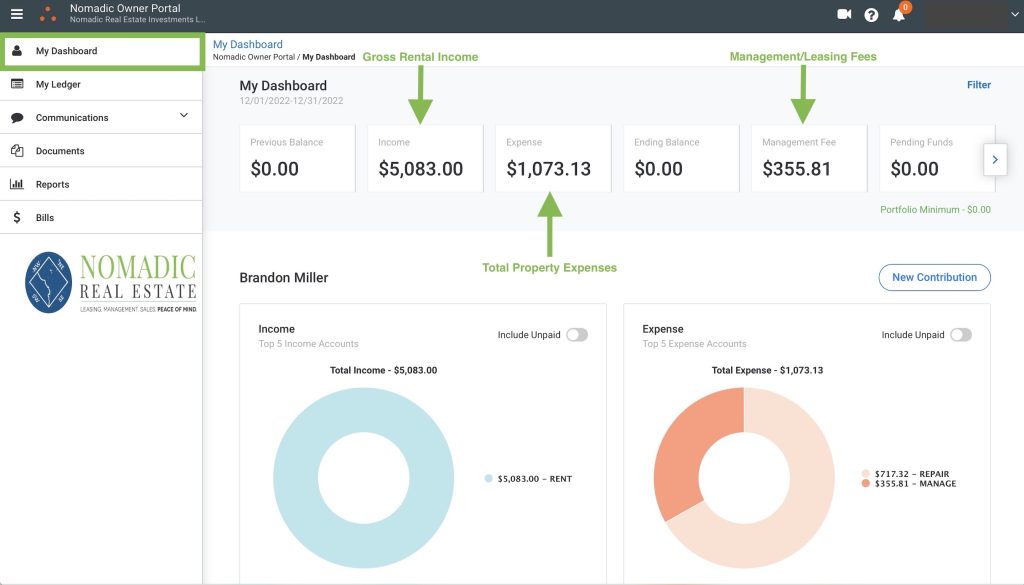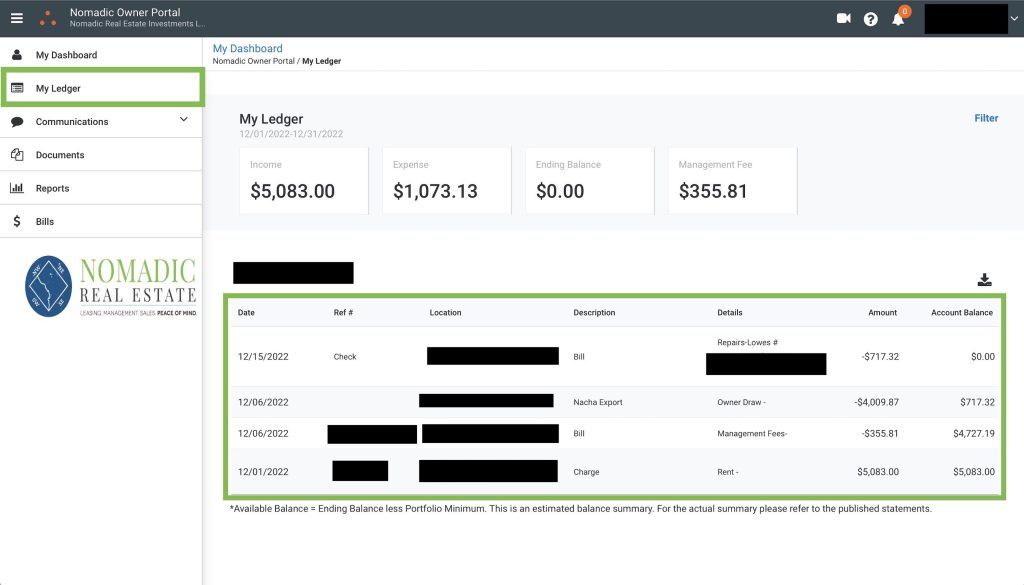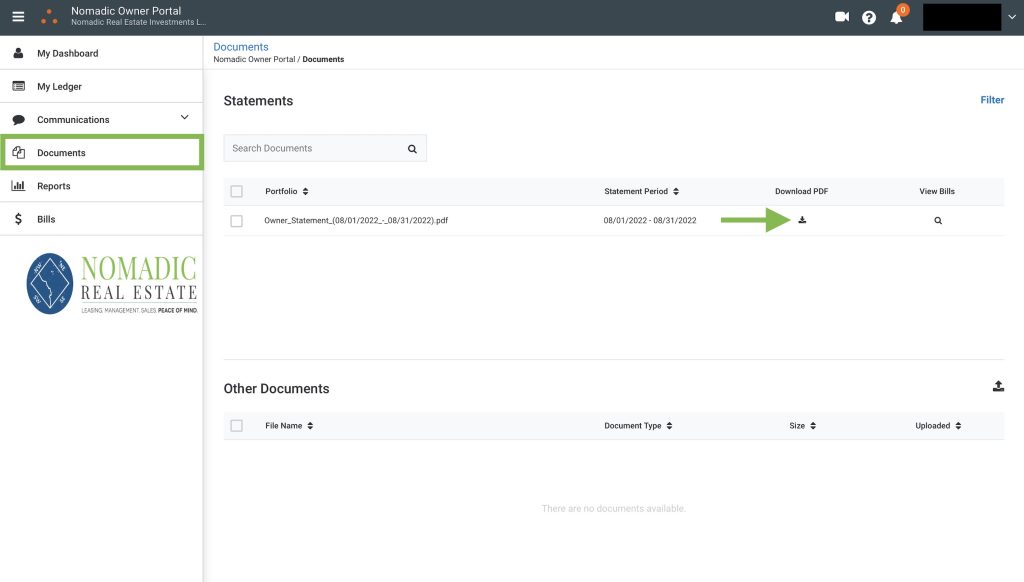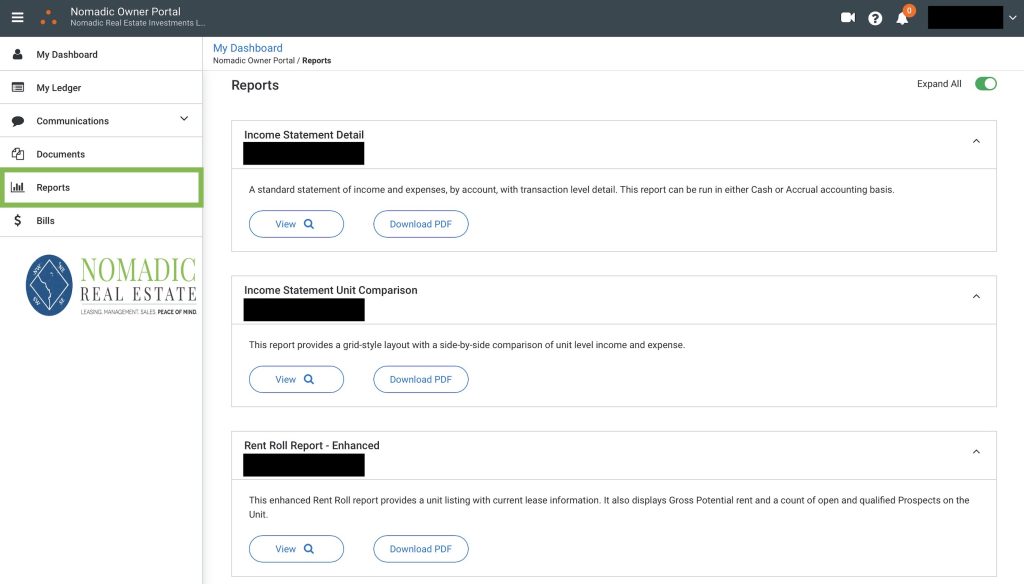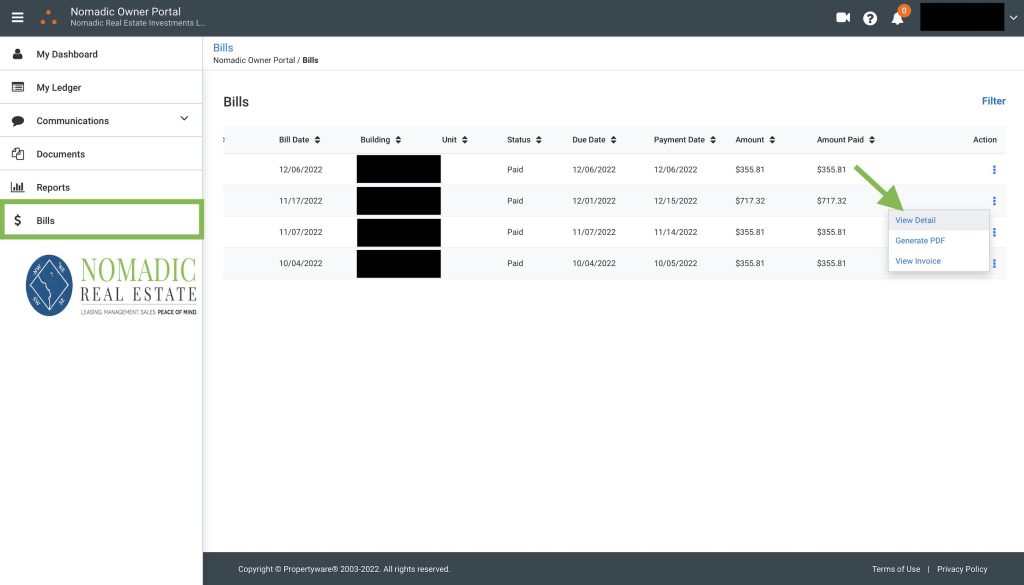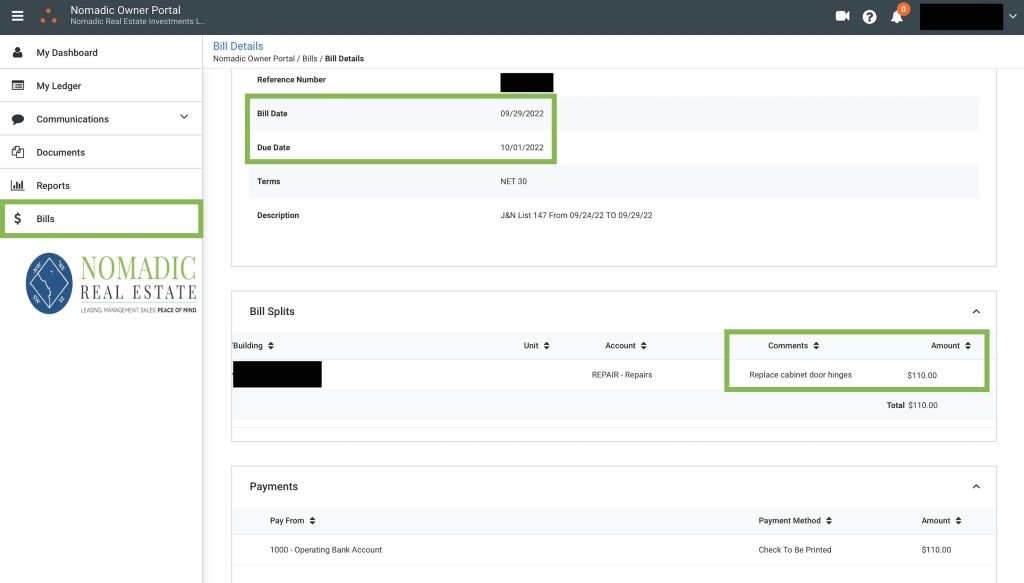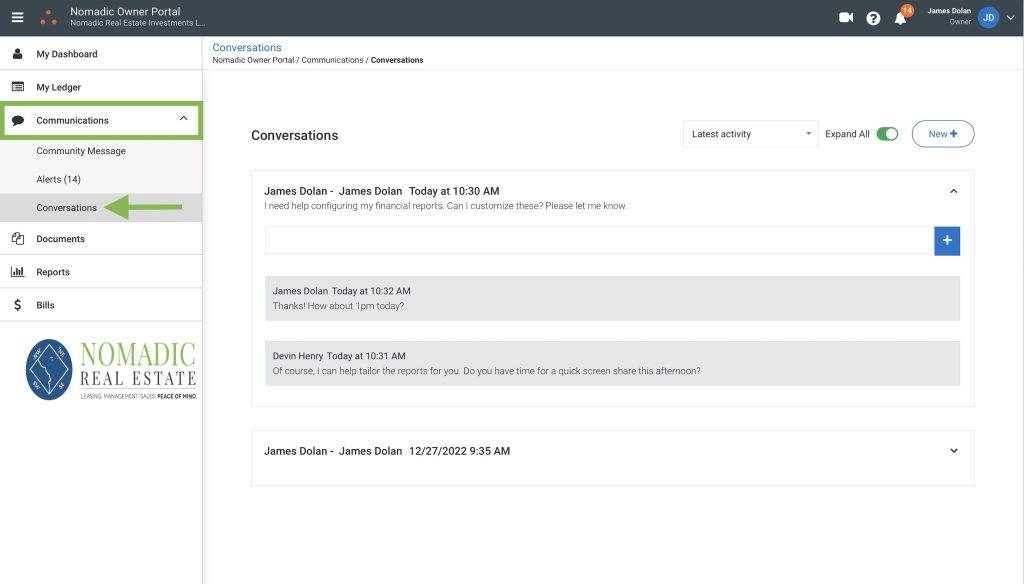Have you ever played a game of hide and seek where the other player doesn’t even know they’re playing? That’s what it feels like when trying to figure out how to find phone numbers of property owners.
You have this fantastic real estate investment opportunity. You’ve found an off-market gem, but there’s one catch: The owner is as elusive as a fox.
Anyone who’s ever invested in real estate knows that frustration. You’re right within reach of something potentially life-changing yet hitting dead ends at every turn. A phone number is standing in the way of a dream real estate investment.
But don’t lose heart! Learning how to find the phone numbers of property owners is like cracking an exciting mystery code.
In this blog, you’ll learn how to find the phone numbers of property owners. We’ll talk about everything, from searching online public records databases to tapping into data from title companies and making use of skip-tracing services.
How To Find Phone Numbers Of Property Owners
If you’re a real estate investor or just curious, you might be asking yourself how to find phone numbers of property owners. Well, one answer lies in conducting a public records search. It’s like a treasure hunt where the X on your map is often the county clerk’s office.
Online Property Records Search

The internet has made it easier than ever to perform an online search using specific property details. Most counties have digitized their databases, making it possible to get this information without leaving home.
Simply provide the name of the property owner and its address. Then access NETROnline’s directory to gain free access to key stats such as properties owned by that individual, sales data, and mailing addresses.
Pop those into the NETROnline’s directory, select your state and county from the drop-down menus, and voila. You’ve got access to key stats including properties owned by that individual, sales data, and even mailing addresses – all at no cost.
Beyond simple convenience though, using NETROnline saves time and money.
In-Person Property Records Search
Sometimes though, there are cases when a visit may be necessary. Especially if the county you’re searching in doesn’t offer digital access or if recent documents haven’t been digitized yet.
So you will need to drive down to the local government office, like the county recorder’s office. You can also visit your County Tax Assessor records – they can also help uncover valuable contact info such as email addresses.
Remember, whether you choose the online or offline route (based on convenience or necessity), doing a thorough research will surely reward you with golden nuggets of information.
Key Takeaway: Remember – being thorough is key. Whether you’re digging through online databases or visiting local government offices, the hunt for property owner’s phone numbers can be both challenging and rewarding.
Keep pushing forward, using all available resources to unlock this valuable information.
Using Local County Tax Assessor Records
Local county tax assessor records are a gold mine when you’re trying to find the phone numbers of property owners. They usually contain detailed information about properties and their owners, making them an excellent starting point.
Online County Tax Assessor Records
The easiest way to access these records is online. Most counties have digitized their archives and made them available on the Internet for public use. Still, each county’s system could be distinctive, so let us examine the general procedure.
You start by visiting your local county tax assessor office‘s website. Look out for terms like “property search,” “tax record search,” or similar phrases in the site’s search bar.
If that doesn’t get results, you can try reaching out directly to the county recorder’s office. A simple email or call should get you started with accessing the data you need.
In most cases though, simply enter details such as owner name or parcel number into the provided fields to get tons of valuable information right at your fingertips.
Keep in mind that some counties offer this service free while others may charge a small fee for accessing certain types of data.
Note: Not all counties provide owner’s phone numbers directly, but the mailing addresses can be a stepping stone to finding more contact info.
Searching public records online isn’t as intimidating as it sounds. With a little patience and diligence, you’ll have your real estate lead in no time.
Online Directories and Social Media as Resources
When it comes to finding property owners’ phone numbers, online directories and social media platforms are often underutilized. Yet, they’re a goldmine of contact details.
Using Spokeo for Property Owner Search
The net is an immense source of data if you know where to find it. Take Spokeo, for example. This people search engine can be a game-changer when you need phone numbers or email addresses.
To use Spokeo effectively, start by entering the owner’s name in the search bar. You’ll get more precise results with additional info like city or state but even without these, expect a decent hit rate.
Using PeopleFinder for Property Information
PeopleFinder works similarly to Spokeo but they provide more detailed reports about individuals – including properties owned.
This tool doesn’t just give you an email address. It lets you dive deeper into someone’s digital footprint which might lead straight to their direct line.
| Name | Contact Info Found |
|---|---|
| Spokeo | Email Addresses & Phone Numbers |
| People Finder | Email Addresses & Detailed Reports on Individuals (Including Properties Owned) |
If your first few attempts don’t bear fruit using these methods discussed above, keep trying. The web has become a significant source of data, so it’s worth investing some extra effort to explore.
Some of these resources may cost you a small fee. But they’re often low-cost options compared to hiring an investigator or purchasing expensive databases. So why not give them a try?
Key Takeaway: Finding property owners’ phone numbers is a breeze with NETROnline, an online public records directory. Simply enter the property address and get detailed information for free.
But remember, sometimes you may need to combine methods like using tax assessor records for more comprehensive results.
Skip Tracing Services
Another way to find the phone numbers of property owners is by using skip tracing services. Their investigative skills can be beneficial to your phone number search.
How Does Skip Tracing Work?
Skip tracing is the process used by private investigators, debt collectors, real estate investors, and many others to locate people who are hard to find. It uses data from various sources – public records, online databases (like Spokeo), credit reports – everything short of sending out a search party.
You might be thinking it’s as simple as entering names into Google or Facebook but that’s where you’re wrong. The art lies in piecing together information gathered from different places – kind of like completing an intricate puzzle.
Then they use their investigative skills to narrow down their search to the specific people they’re looking for. Using skip tracers is great for finding the phone numbers of property owners.
Key Takeaway: Discovering property owners’ phone numbers might feel like a treasure hunt, but skip-tracing techniques and services are your trusty map. These tools compile data from various sources, helping you piece together the puzzle of who owns that prime real estate.
From using specialized databases for specific results to leveraging paid services for bulk searches – finding those elusive contact details just got easier.
Contacting the County Recorder’s Office
Reaching out to your local county recorder’s office can be a smart move when you’re hunting for property owner details. These offices keep records of all real estate transactions within their jurisdiction, which includes contact info like mailing addresses and phone numbers.
But how do you get started? No prior experience in real estate is necessary – it’s much simpler than that. Here are some steps:
- Finding Your Local Office: Not every county has its own website, but many do. Start by searching “[Your County] recorder’s office”. If they have an online presence, you’ll find them this way.
- Navigating the Site: Once on their site, look for sections labeled “Public Records,” “Property Search,” or similar. This is where the gold lies.
- The Search Bar: In these sections, there will typically be a search bar where you can enter specific information such as parcel numbers or property addresses to find what you’re looking for.
A second option is to visit your county recorder’s office in person and ask staff members for assistance when searching public records online (or if your county does not provide this service).
Though face-to-face interactions take longer than digital methods, they often yield good results because of both direct access to data and insights from experienced officials who may be able to suggest additional low-cost alternatives.
Key Takeaway: Looking for property owner details? Your local county recorder’s office is a goldmine. They keep records of all real estate transactions, including contact info.
You can either explore their website or visit in person. It might require some patience, but it could lead you straight to potential off-market properties and valuable real estate leads.
Using Title Companies to Find Property Owners’ Phone Numbers
Title companies can play a crucial role in your quest to find property owners’ phone numbers. These companies hold a wealth of information due to their central part in real estate transactions.
Title companies primarily deal with ensuring the legality and legitimacy of real estate deals. However, during this process, they collect vast amounts of data on properties and their owners. This huge stockpile of information encompasses contact info such as mailing addresses, email addresses, and even telephone numbers.
How Do Title Companies Get This Information?
To understand how title companies get hold of owner’s phone numbers or other contact info like email addresses, let’s walk through what happens when you buy a house.
As part of the closing process for any property sale or purchase transaction, title companies verify that:
- The seller is indeed legally able to sell the property (so the ownership isn’t disputed)
- There are no unpaid taxes or liens on it (no hidden debts attached)
In order to perform these checks thoroughly – remember they’re putting their reputation at stake each time – they gather extensive information about both parties involved: sellers AND buyers.
The Method You Choose Is Up To You
How to find phone numbers of property owners means simply doing some investigative work. Many of the methods described here don’t cost a thing. While others (such as skip tracers) involve a fee.
Ultimately, it’s up to you to decide which method is best for you. Just remember to do your research and ask questions before committing to a service.
When you’re ready to start your real estate journey, contact the experienced professionals at Nomadic Real Estate.
Frequently Asked Questions About How To Find Phone Numbers Of Property Owners
How can I find the phone numbers of property owners online?
You can use online property records search platforms like NETROnline, entering specific property details to access key statistics such as properties owned, sales data, and mailing addresses for free.
What if online records do not provide the property owner's phone number?
Use the mailing addresses from online records to further your search or consult local county tax assessor records, which often contain detailed information about properties and their owners.
Can social media and online directories be used to find property owners' contact information?
Yes, platforms like Spokeo and PeopleFinder are effective for finding property owners' contact details, including phone numbers and email addresses, by aggregating data from various sources.
What are skip tracing services, and how can they help?
Skip tracing services locate individuals who are difficult to find by using public records, online databases, and credit reports, making them useful for finding property owners' phone numbers.
How can title companies assist in finding property owners' phone numbers?
Title companies collect extensive data on properties and their owners during real estate transactions, including contact details such as mailing addresses, email addresses, and phone numbers.










